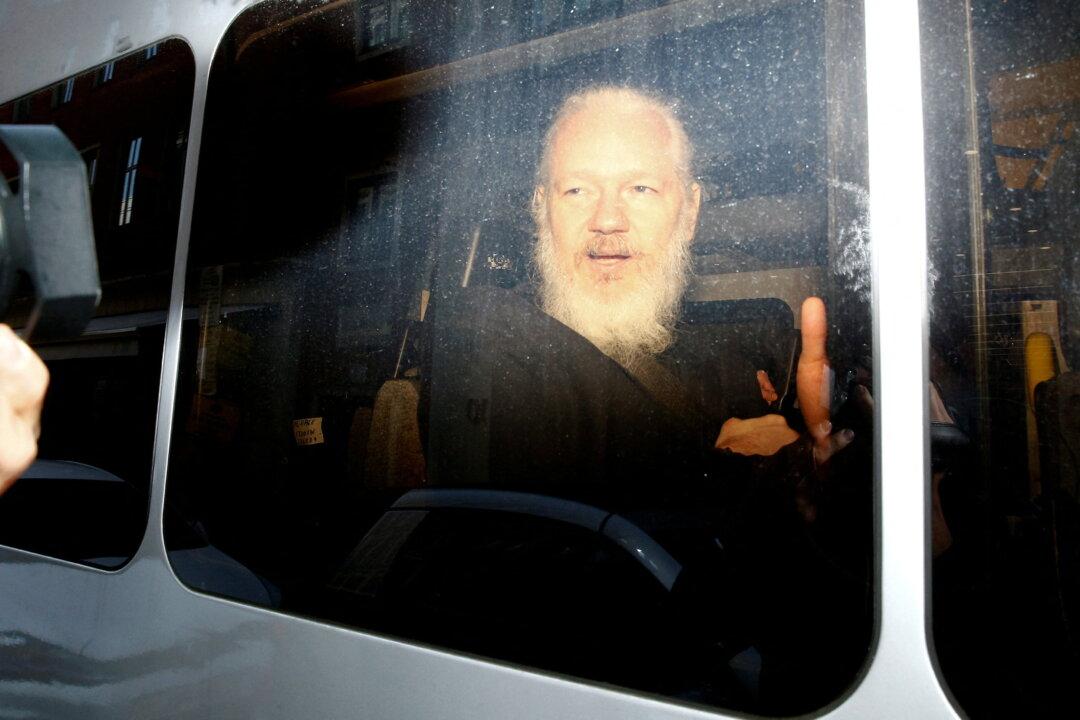Australian Prime Minister Anthony Albanese has voiced his frustration over the incarceration of Julian Assange, saying that there is “nothing to be served” by the WikiLeaks founder’s ongoing imprisonment in the UK.
This follows recent statements released by Australia’s Media, Entertainment and Arts Alliance (MEAA), the International Federation of Journalists, and the European Federation of Journalists, who have all called for the release of Julian Assange.





